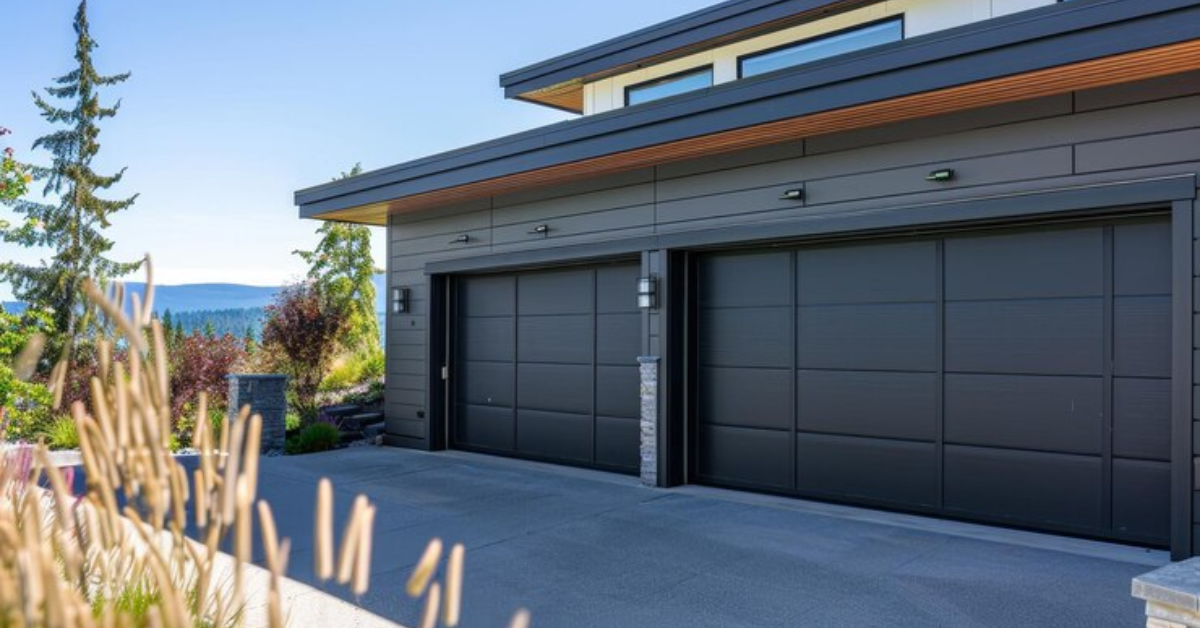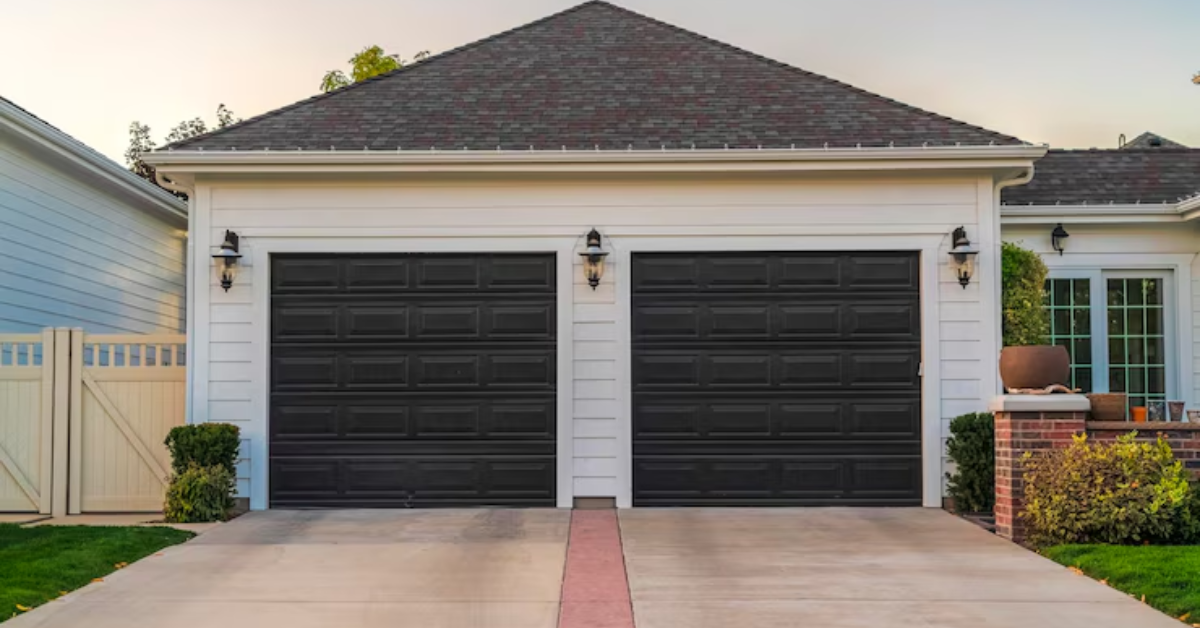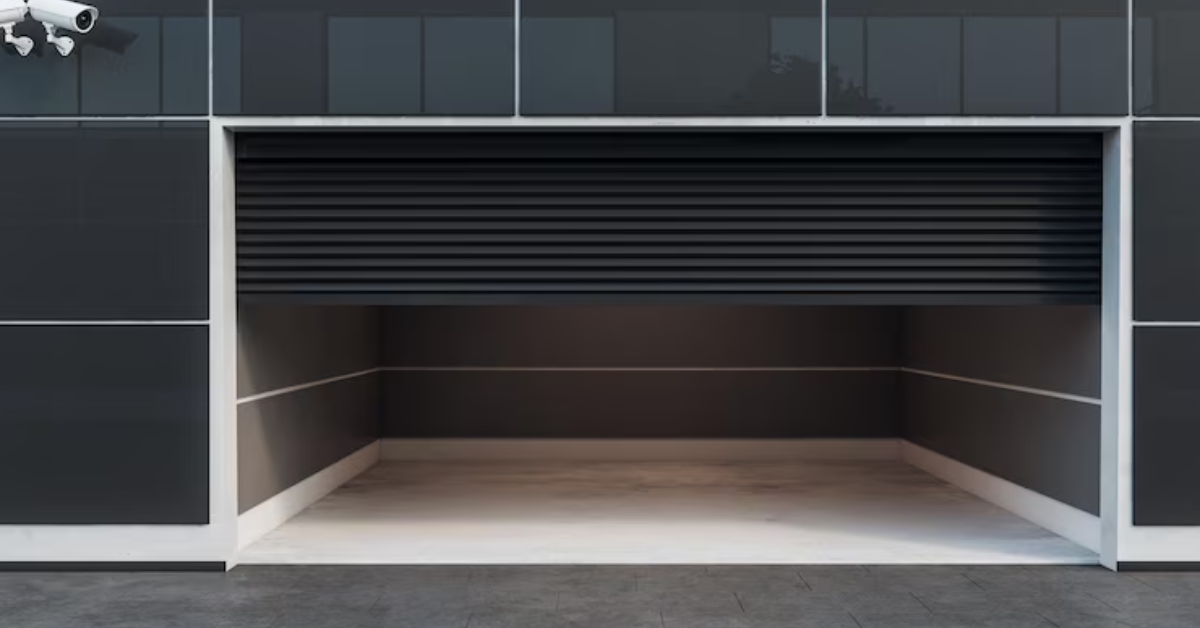The Role of Technology in the Garage Door Industry
The garage door industry has undergone a significant transformation over the past few decades, with technology playing a crucial role in reshaping the way garage doors operate, are installed, and are maintained. From automation to security features, technology has made garage doors smarter, safer, and more energy-efficient. This article explores how modern innovations have impacted the garage door industry, bringing forth improvements that benefit homeowners, businesses, and manufacturers alike.
1. Automation and Smart Technology
One of the most notable advancements in the garage door industry is the introduction of automation and smart technology. Gone are the days of manually opening and closing garage doors. With the advent of automated systems, garage doors can now be controlled with a simple push of a button, or even through a smartphone app. Smart garage door openers allow users to operate their garage doors remotely, offering convenience and flexibility.
These smart systems often come with additional features, such as alerts and notifications. For instance, homeowners can receive a notification if they forget to close their garage door, or if someone is opening it without permission. This integration of technology provides an extra layer of security and peace of mind, ensuring that garage doors remain properly secured when needed.
Moreover, smart garage door openers can integrate with home automation systems like Amazon Alexa, Google Assistant, or Apple HomeKit. This enables voice-activated control, further enhancing user experience and convenience. With smart technology, homeowners can now open or close their garage doors with just a voice command, even from a distance.
2. Improved Security Features
Security has always been a top priority when it comes to garage doors, and technology has significantly enhanced this aspect. Today, many modern garage doors are equipped with advanced security features such as rolling code technology and smart sensors. Rolling code technology changes the code every time the door is operated, making it nearly impossible for thieves to access the system using code scanners or hacks. This added layer of security prevents unauthorized entry, safeguarding the home and its contents.
Integrated security cameras are also becoming increasingly common in garage door systems. These cameras allow homeowners to monitor their garage remotely, either through a smartphone app or a home security system. Some garage door systems even include motion sensors, which can alert homeowners to any suspicious activity near the garage.
Smart garage doors can also be equipped with biometrics, such as fingerprint recognition or facial recognition. These advanced security features are ideal for those who seek maximum protection and control over who enters their garage space.
3. Enhanced Energy Efficiency
Technology has also made garage doors more energy-efficient, which is an important consideration for homeowners looking to reduce their energy bills and their carbon footprint. Insulated garage doors, which feature advanced materials and design techniques, help to regulate the temperature inside the garage, keeping it cooler in the summer and warmer in the winter. This reduces the need for heating and cooling systems, ultimately leading to lower energy consumption.
In addition to improved insulation, smart garage doors also play a role in energy efficiency. Some smart systems can be programmed to open or close at specific times of the day, helping to maintain the optimal temperature inside the garage. This level of automation helps minimize the amount of time the garage door is open, reducing energy loss.
4. Remote Diagnostics and Maintenance
Another significant contribution of technology to the garage door industry is the ability to remotely diagnose and perform maintenance on garage door systems. Many modern garage doors come with built-in diagnostic tools that can alert homeowners or service providers to potential issues, such as wear and tear on the door’s tracks or motor. This early detection can prevent costly repairs by addressing problems before they escalate.
Some garage door manufacturers offer service contracts that include remote diagnostics. Through sensors in the system, technicians can detect problems without having to be on-site. If a part needs replacing, the technician can often order the part and schedule a visit without requiring a home inspection. This streamlines the maintenance process and ensures that the garage door remains in optimal working condition.
5. Customizable Designs and Aesthetics
Technology has also allowed for greater customization in the design of garage doors. With the use of advanced materials, 3D modeling, and digital printing, homeowners can now design garage doors that match their style preferences and the architectural aesthetics of their home. This level of customization ensures that homeowners can achieve both functionality and visual appeal, as garage doors are no longer just a basic entryway but a key component of a home’s exterior.
Some garage doors now come with programmable lighting systems, allowing homeowners to create the perfect ambiance in their garage. Whether it’s for added security, convenience, or visual appeal, the integration of technology in design options has revolutionized how people perceive and use their garage spaces.
6. The Future of Garage Door Technology
Looking ahead, the future of garage door technology seems bright. Innovations in artificial intelligence (AI) and machine learning are expected to play an even more significant role in the evolution of garage doors. For instance, AI-powered systems could predict and optimize garage door operation based on patterns and behaviors. These systems might learn when a homeowner typically leaves or returns home and adjust garage door operations accordingly.
With the growing trend of sustainable living, we can expect to see more eco-friendly garage doors with advanced insulation, solar panels, and energy-efficient systems. As technology continues to evolve, we can anticipate even more innovative solutions that will make garage doors smarter, safer, and more efficient than ever before.
Conclusion
Technology has undoubtedly revolutionized the garage door industry, making systems smarter, more secure, and more energy-efficient. With innovations such as smart garage door openers, advanced security features, and customizable designs, homeowners now have more control over their garage doors than ever before. As the industry continues to embrace new technologies, it is clear that the future of garage doors will be marked by even greater convenience, safety, and sustainability. Whether you are looking for automation, enhanced security, or energy efficiency, technology is the driving force behind the garage doors of tomorrow.




